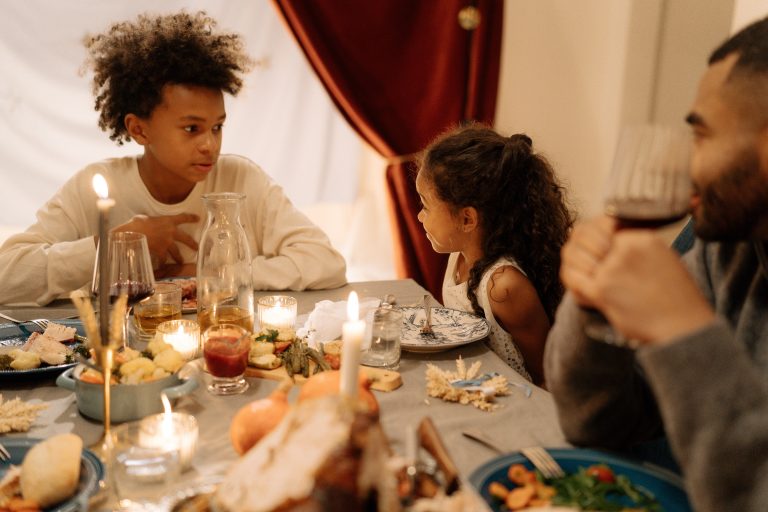
By Allison Sadlier // SWNS
Forty-six percent of Americans would be willing to pay $5000 to have their home magically clean from top-to-bottom after the holidays.
The study of 2,000 Americans examined all the work that goes into the holidays and this year it’s bound to be a bigger deal than ever.
One in two (54%) confessed that after such a chaotic 2020 the last thing they want to do is a big post-holiday clean-up of their home even if gatherings are smaller in number this year.
The post-festive clean up isn’t the only part of the season respondents are dreading.
When it comes to the parts of the holiday dinners respondents dread the overwhelming number of dishes to wash (47%) topped the list.
Forty-four percent complained of having to do the top-to-bottom clean of their home while a third can’t stand the amount of prep work they have to do before cooking the big meal.
A quarter aren’t a fan of a noisier-than-usual home (26%) and would rather not wake up early (25%).
The survey conducted by OnePoll on behalf of LG Electronics USA showed a third of Americans will spend six hours or more in the kitchen to make the perfect holiday dinner only to have it scarfed down in 35 minutes on average.
Results revealed the average person begins buying food and prepping for the big dinner four days in advance.
One in five will need more than a week to make sure they have all their ingredients prepped and at the ready.
The average person would pay over $500 to have nothing to clean after a festive meal.
After dinner leaves quite the debacle when it comes to how clean up is going to happen.
Two in five respondents think those that didn’t help prepare dinner should be in charge of the cleanup but 30% think it’s the host’s responsibility.
Nearly three in five (59%) have family members who promise year after year to help with the dishes even though respondents know they won’t.
Fifty-eight percent have mysterious guests who “happen” to arrive just as clean up is ending who say they would have helped if they had known it was happening.
Children (38%) are the most common culprits to escape clean-up duty with siblings coming in second place with 31%.
Spouses and partners were also accused of leaving respondents high and dry at 30%. Fathers (23%) and cousins (22%) rounded out the top five most likely to shirk on helping out.
Gail Conroy, head of home appliance marketing, LG Electronics USA, “It’s not surprising that so many people conveniently disappear when it’s time to clean up after a meal. In the past, dishwashers weren’t particularly intuitive, and the process required pre-rinsing, spot-drying and other time-consuming tasks that take away from time spent with family and friends.”
Fifty-nine percent of respondents have a dishwasher and of those half will run it three times or more to handle all the dirty dishes that come with cooking and eating a holiday meal.
Two-thirds feel like their dishwasher runs all day during a holiday.
While the dishwasher will likely still be running on repeat this year the holidays will look different in other ways.
Of those who’ve hosted holiday dinners in the past 70% will forgo guests this year and opt for an immediate family only holiday.
Seventy-seven percent expect to make less food than normal.
Conroy added, “Many of us will be celebrating the holidays differently this year – from smaller gatherings to virtual experiences – but that’s all the more reason to make them special. We hope people will still set a beautiful table with all their favorites – and take advantage of the great technology out there to make it easier and more fun.
LEAST FAVORITE ASPECTS OF HOLIDAY DINNERS
- Washing so many dishes 47%
- Cleaning the whole home 44%
- Prepping the food 36%
- Cleaning up the dinner table 34%
- Shopping for the food 31%
- Waiting for things to be ready 30%
- Too much noise 26%
- Waking up early 25%
- Catering to difficult family members 25%
- Being in “host” mode 17%
- Planning early meal in advance 17%
TOP 10 PEOPLE WHO GET OUT OF HELPING
- Children 38%
- Siblings 31%
- Spouse/partner 30%
- Father 23%
- Cousin 22%
- Mother 21%
- Grandmother 17%
- Family member’s partner 16%
- Grandfather 16%
- Neighbor 15%



















